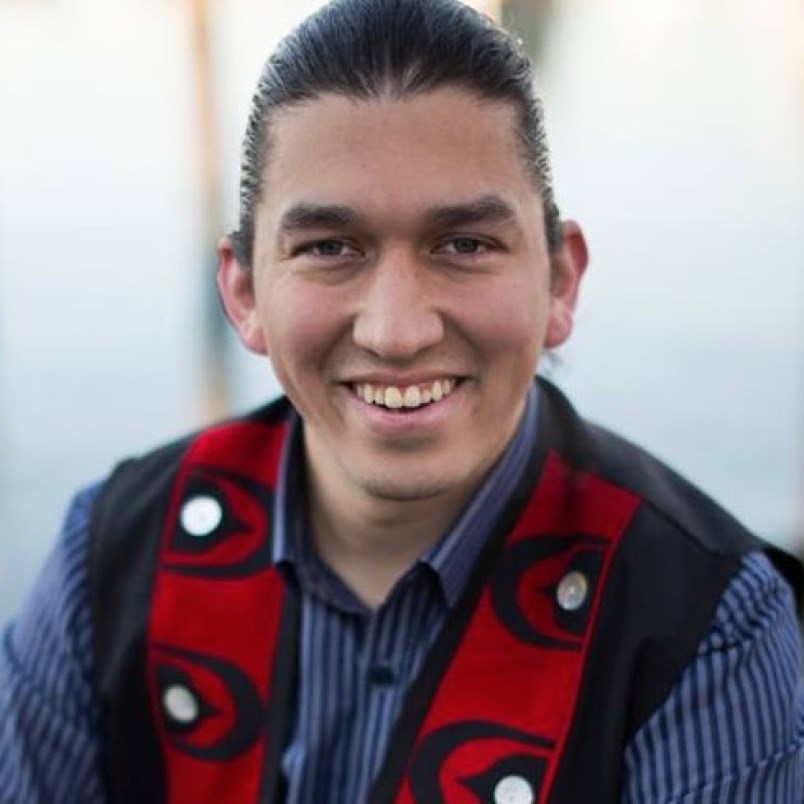Squamish Nation Coun. Khelsilem (Dustin Rivers) says if Indigenous languages were thriving, B.C. would be a more interesting place.
The provincial government has allocated $50 million in the 2018 budget to support revitalization and preservation of Indigenous languages in B.C. While past governments have funded Indigenous language education, Khelsilem says this time the money is a tangible, meaningful investment.
"I think it's long overdue and the government is responding to what Indigenous communities and leaders have been asking for for a long time, an example of the government showing a commitment to reconciliation," he said.
B.C. Liberal M.L.A. Mike Morris has recently faced criticism after making comments that funding for Indigenous languages would be better spent on policing. Khelsilem disagrees. He said Morris' comments were offensive and rooted in stereotypes.
"Funding Indigenous languages heals communities, impacts suicide rates; it's a part of the healing that we have to go through, and adding more police to our community is not the right direction," he said. "It was completely off-base to make those kinds of racially-charged comments."
Khelsilem is an active proponent of preserving Indigenous languages like Squamish language, called the Skwxwú7mesh Snichim in that dialect. He said he's seen those in his community gain a sense of pride by learning the language.
"I see communities reconnecting with their identity, and all of that means that when we try to address the challenges, like poverty and addictions and mental health, and all the other issues we're dealing with, language connects them," he said. "We're able to succeed in this areas. It like a social glue that helps bring us together and helps us achieve things that we couldn't on our own."
Skwxwú7mesh was spoken fluently by Squamish people generations ago, but they, like other Indigenous peoples across the country, were forced to stop when children were taken from their parents and put into the residential school system.
Khelsilem says that the provincial government has a responsibility to fund language education because they took part in destroying it.
"I would be speaking my language today likely, if not for the violence my people had to go through in order for us to fit into Canada," he said. "When I speak my language, it speaks to the survival of my people. There's a point where my people may have gone extinct, but we aren't."
The Federal government has also indicated plans to enact legislation to protect Indigenous languages, something Khelsilem welcomes.
"I would like to see the right for our people to be educated in our language, similar to what is given to French speakers across Canada," he said. "I think speakers of Indigenous languages need to have the right, in law, to have our children educated in Indigenous languages, and government has to provide the resources in order for that right to be enacted."
"The 60 indigenous languages have been here longer and are the original languages of the country, and Canada needs to support them that way."



